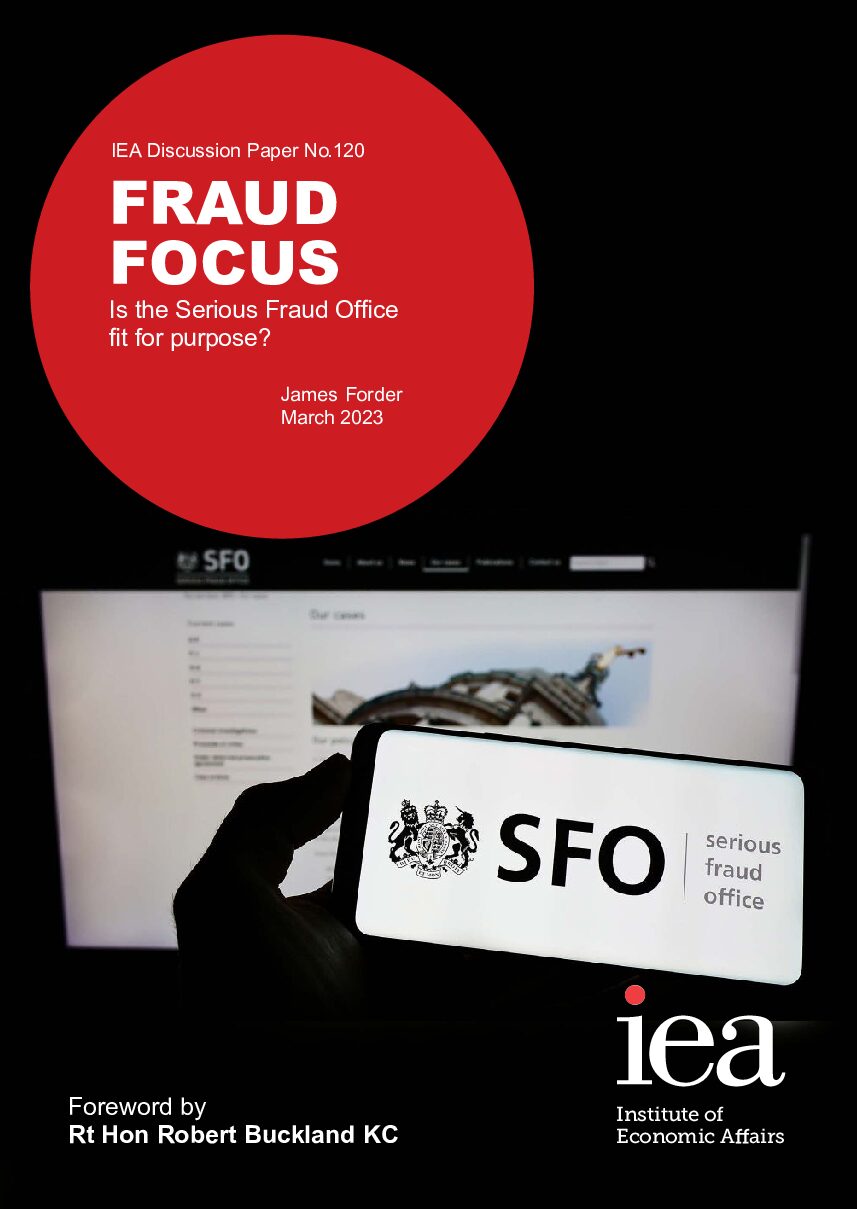Banks should be accountable for their own risks, not taxpayers
SUGGESTED



IEA Research quoted in The Financial Times
The article read:
“Until five decades ago, spending all one’s time worrying about clients and capital was exactly what bankers used to do — with little or no interference in who they lent to, or how many assets they had to hold against their loans.
“Finance was arguably better off because of it, as Forrest Capie and Geoffrey Wood contend in an Institute of Economics Affairs paper on the UK experience. They looked at the behaviour of the country’s banks after most regulations were stripped away during the 19th century.
“British lenders were left to determine their own capital ratios during the first world war, depression and second world war. They did this with aplomb. Both sides of their balance sheets were adjusted up and down to suit the conditions and it was a period of remarkable stability (at least from a banking perspective).
“Lenders were sometimes even prevented from being more conservative with their capital ratios, for example in the 1950s, when the government was in rebuild mode and didn’t want too much money ending up in the private sector. In the next decade, banks raised them of their own accord.”
Read the full article here.
Do we need regulation of bank capital? Some evidence from the UK by Forrest Capie and Geoffrey Wood can be read here.
Professor Wood has also written for the IEA blog on the moral hazards and unintended consequences of bank regulations in the UK. The piece can be read here.



